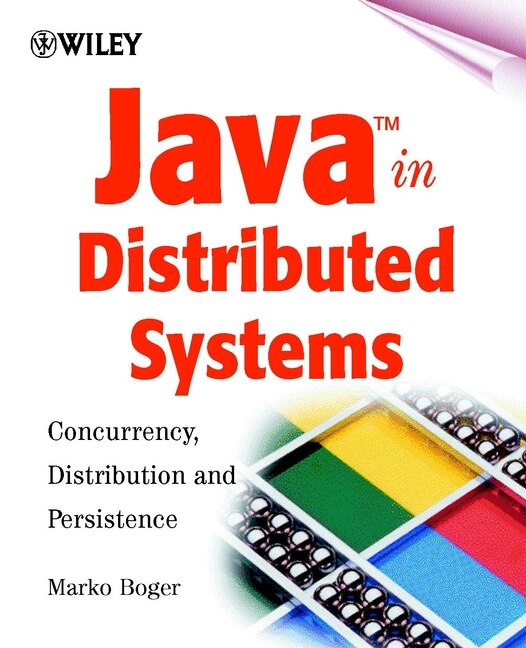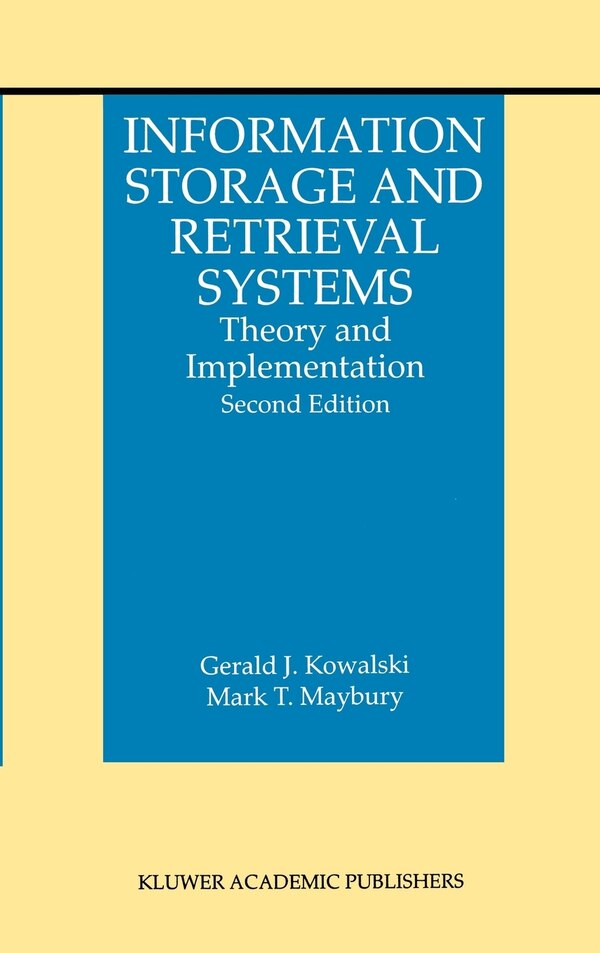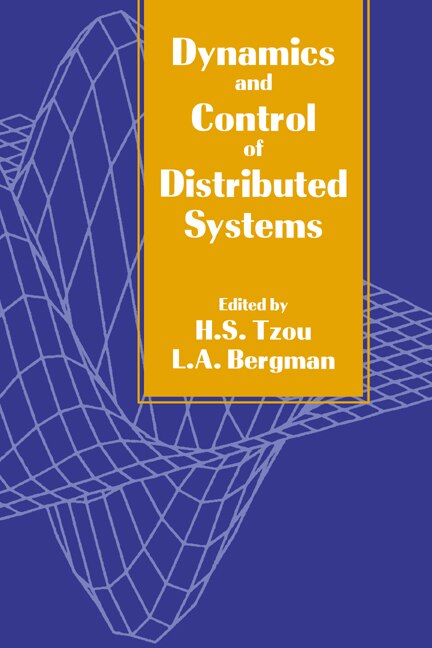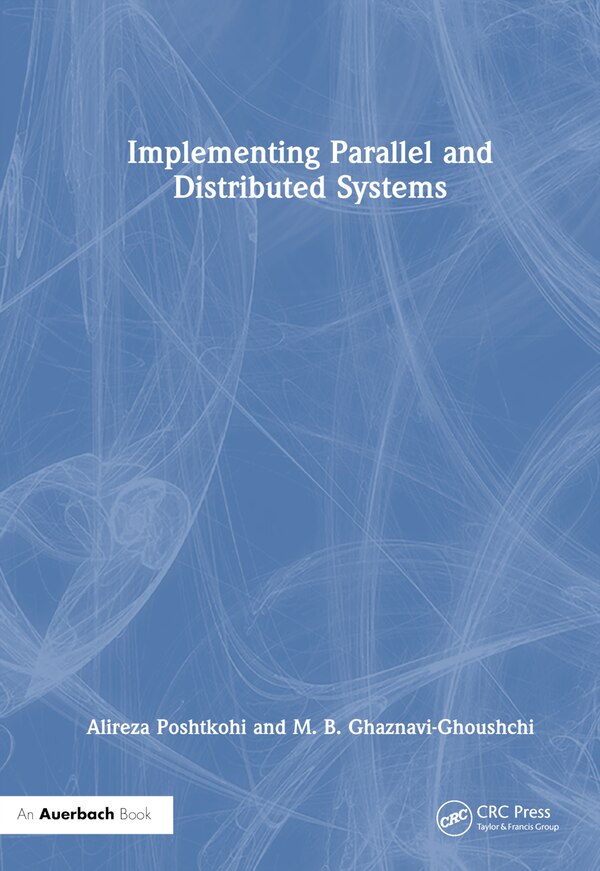Home
The LOCUS Distributed System Architecture by Gerald J. Popek, Paperback | Indigo Chapters
Loading Inventory...
Indigo
The LOCUS Distributed System Architecture by Gerald J. Popek, Paperback | Indigo Chapters
From Gerald J. Popek
Current price: $40.00
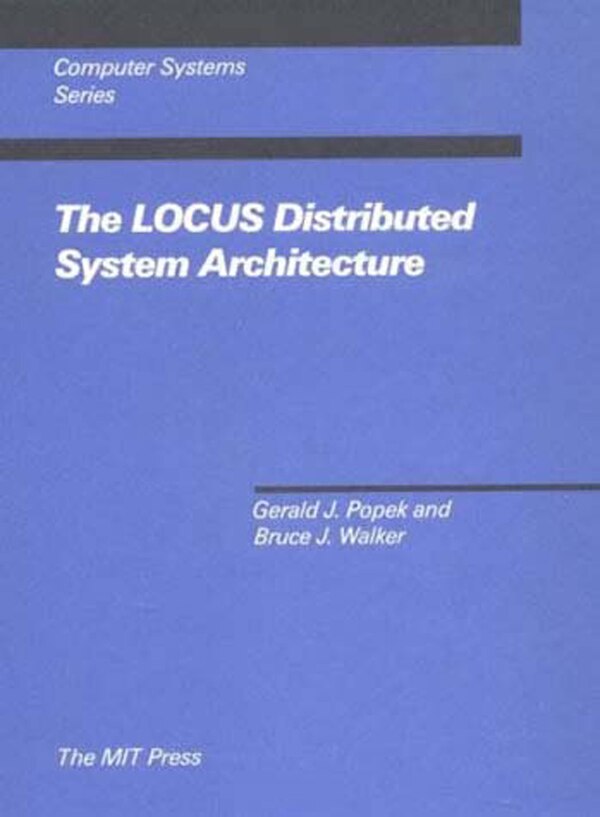

Indigo
The LOCUS Distributed System Architecture by Gerald J. Popek, Paperback | Indigo Chapters
From Gerald J. Popek
Current price: $40.00
Loading Inventory...
Size: 1 x 9 x 0.8125
*Product information may vary - to confirm product availability, pricing, shipping and return information please contact Indigo
LOCUS, a distributed version of the popular operating system Unix, provides an excellent solution. It makes a collection of computers, whether they are workstations or mainframes, as easy to use as a single computer by providing a set of supports for the underlying network that is virtually invisible to users and - applications programs. Computer systems consisting of many machines will be the norm within a few years. However, making a collection of machines appear as a single, coherent system - in which the location of files, servers, programs, or users is invisible to users who do not wish to know - is a very difficult problem. LOCUS, a distributed version of the popular operating system Unix, provides an excellent solution. It makes a collection of computers, whether they are workstations or mainframes, as easy to use as a single computer by providing a set of supports for the underlying network that is virtually invisible to users and - applications programs. This "network transparency" dramatically reduces the cost of developing and maintaining software, and considerably improves the user model of the system. It also permits a variety of system configurations, including diskless workstations, full duplex I/O to large mainframes, transparently shared peripherals, and incremental growth from one workstation to a large network including mainframes with no effect on applications software required to take advantage of the altered configurations. In addition to transparent, distributed operation, LOCUS features also include high performance and reliability; full Unix compatibility, support for heterogeneous machines and systems, automatic management of replicated file storage; and architectural extensions to support extensive interprocess communication and internetworking. ContentsThe LOCUS Architecture • Distributed Operation and Transparency • The LOCUS Distributed Filesystem • Remote Tasking • Filesystem Recovery • Dynamic Reconfiguration of LOCUS • Heterogeneity • System Management • Appendixes: LOCUS Version Vector Mechnism • LOCUS Internal Network MessagesThe LOCUS Distributed System Architecture is included in the Computer Systems series, edited by Herb Schwetman. | The LOCUS Distributed System Architecture by Gerald J. Popek, Paperback | Indigo Chapters

